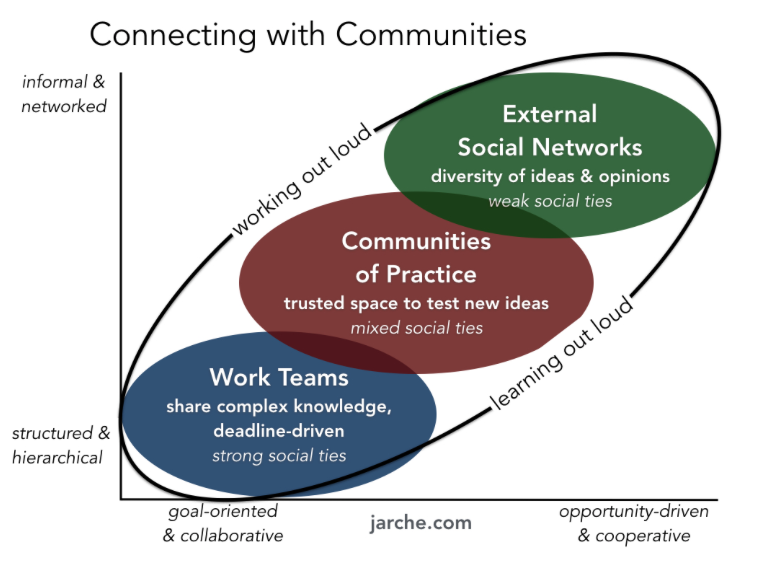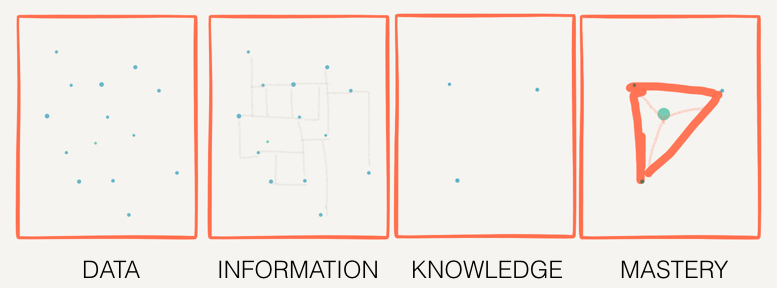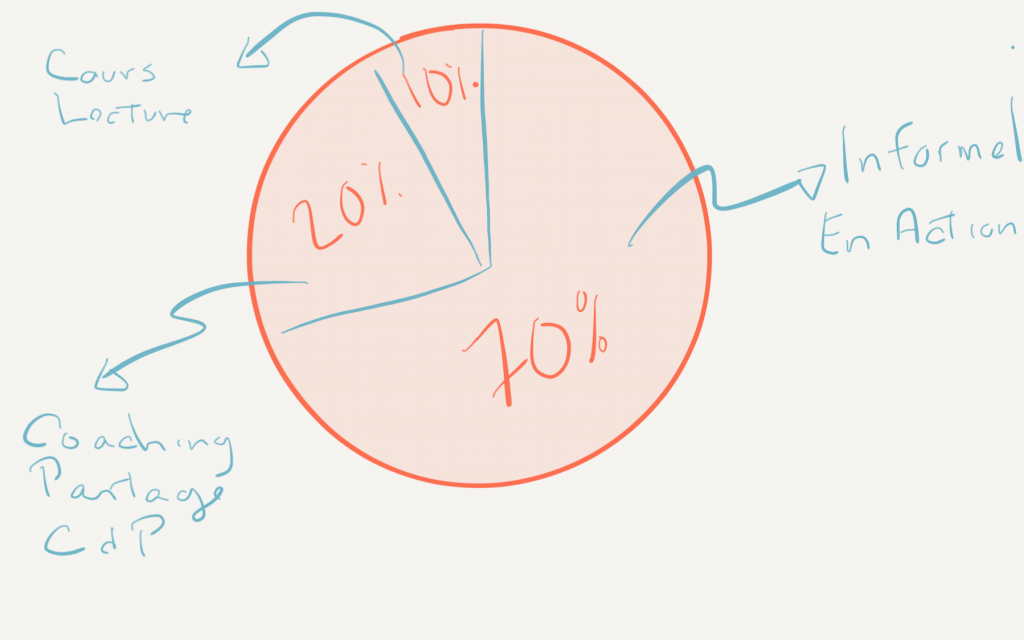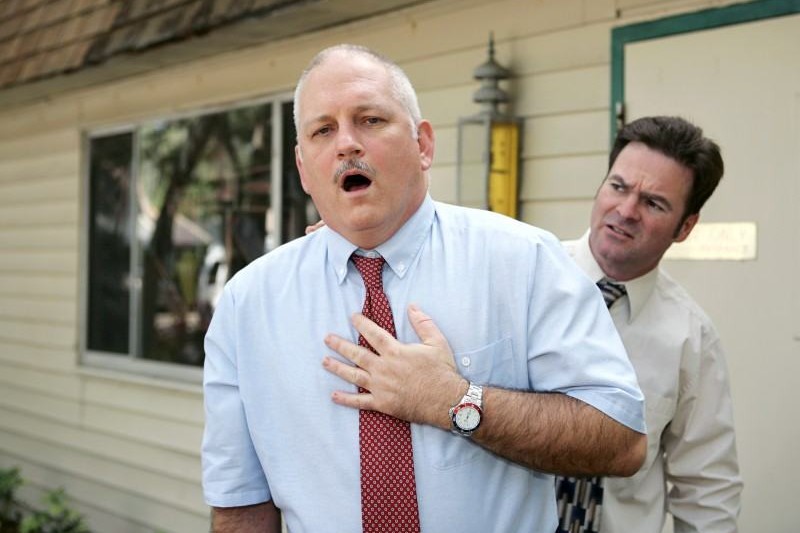The fallacy of information
I have seen it. You have seen it.
- Great advertisement.
- Superb promise of content about changing you, your practice, your organization …whatever !
- And boy, did you see how many speakers there will be !!!!
And here lies that deceit.
Content for contents, sake never works out.
Have you ever purchased a book you never read ?
Or downloaded the complete collection of Frank Zappa (illegally ?) the whole 100 albums of them and listened only to … what.. a few albums, at the most.
Or discovered the free virtual library of “Readitall !” and were suddenly the happy owner of all the classics of English litterature… yeah right… you will re-read the 1 000+ pages of the Three Musketeers….
OR, more to the point, did you attend a full 4-day seminar with dozens of superstar speakers promising the moon and went back home with your mind spinning with possibilities only to reconnect with the harsh reality of your daily routine and, a few days later … pfff… what did you remember from this expensive workshop ?
Content for content’s sake is rarely, if ever, useful.
But Charles Jennings, Etienne Wenger, Harold Jarche, Niels Pfleaging and Henry Minztberg propose a very different way to get content and make it works.
Niels has a very powerul illustration in his excellent book : Organize for complexity. I redrew part of it here.
The key is to filter the unnecessary and connect the dots to decipher the true essence of information… and create something new.
However, this is very difficult to do it on your own.
Herein lays the brilliance of one of Harold Jarche models. Harold has a knack to create crystal clear models. Although he would be the first to quote George E.P. Box that all models are wrong but some are useful, his certainly are useful !

The key is to use your knowledge network and your communities of practices to use THEIR knowledge and filters to help YOU get to the heart of the matter. Collaboration, co-creation, cooperation are words that take all their meaning through that model. Harold has even a name for the process : PKM !!! Personal Knowledge Mastery.
I am a very strong believer in communities of practice. Etienne Wenger works and books about the topic are always enlightening. Having had the privilege to attend Etienne’s BEtreat on CoP in 2015, I could appreciate the value or valueS of COp even more.
Etienne explained that there is immediate value to be experienced in the moment of knowledge acquisition. The real values start to appear after the event however.
If the immediate value is experienced during the event (smile sheet being a very limited testimonial of this) the POTENTIAL value is in the knowledge capital… the potential to do something with the information received.
This potential can be transferred to APPLIED value : the new relationship you forged during the event, the new perspective of your surrounding and work environment, the new concepts and new ways of doing what you usually do.
But again, this could go further with REALIZED value i.e. what you actually create with the new concepts, the increased profitability or efficiency, better customer service or increased market share !
And none of this is remotely possible if you stand alone in a classroom without interacting with your peers of the community ! The information might be on the slide show it will not sink in deeply enough for it to make a difference if you do not participate in the sharing inherent to communities of practice.
Charles Jennings put forward the 70-20-10 principle several years ago. This is a great way to demonstrate how learning occurs.
10 % of knowledge acquisition is pure information : books, courses, seminars, etc.
20 % occurs in the interaction with your peers, verifying what you thought you learned, questioning assumptions, asking questions to colleagues, comparing, analyzing, evaluating…
70 % is action ! Make the shift from concepts to operation. From the virtual to reality.
Obviously, Charles is the first to point out that these numbers are rubbish per se and should not be considered absolute but rather as a way to illustrate a brilliant idea.
Here again…. do not try this at home alone !
For this to work, you need others !
None one is an island said Sartre (or was it Camus)?
And finally Henry Mintzberg.
Henry summarizes all this in one word. ONE word!!
Reflaction.
How brilliant !
Think and act.
Think, preferably by sharing your thoughts with colleagues who might, just might, but most probably will, change your perspective and allow you to develop.
And ACT !
And go back to your colleagues to think some more.
Deming had his PDCA cycle : PLAN-DO-CHECK-ACT…. think, act, observe and act again… and round it goes.
Ricardo Semler mentions Boyd’s OODA (Observe, Orient, Decide and ACT) which is, according to me, the same as PDCA but turned on its head… a CAPD cycle but hey…. it’s a circle !
Ken Blanchard once said : “No one is as smart as all of us.”
They all say the same thing.
WE is so much more than of bunch of MEs.
Next time you gather information, share it. Talk about it. Think about it. Write about it. Act on it !
SHARE IT SOME MORE !
You and everybody else will benefit from it.
Oh, it takes some efforts.
To connect and share.
To think alone and then together.
To accept the change in our mind.
And the speed at which this change will occur because of the sharing.
Scary stuff !!
I just had this weird experience recently when 2 000 managers gathered at APEX 2016 to experiment firsthand a little bit of the Coaching Ourselves approach put forward by Henry Mintzberg and Phil Lenir. The crowd was invited to share questions and answer instead of simply listening to the speakers. Some people just refused to do it !
What ? We have to think now ?
What ? Talking to the stranger next to me ?
Some participants even reported to me that their neighbour simply took their smart phone and started texting instead of participating !!
Scary stuff apparently !!
Knowledge used to be power.
Collective knowledge means you might need to relinquish control.
I like to say that the ultimate measure of power is the amount of power you give away to empower others.
In today’s world of infobesity, the need to understand the essence of the information invading every minute of your life is to use your personal knowledge mastery and your knowledge network and NOT accumulate useless loads of information… nobody can win at this anymore.
I call this the “Collect the dots” to “connect the dots” paradigm shift.
Connect the dots.
Connect with your network.
And let your network connect the dots too !
Information is a fallacy.
Your network is not.
© Copyrighted material Aliter Concept 2016. Please do not print or copy without permission from the author.
BUT DO SHARE IT using the social network buttons !!






